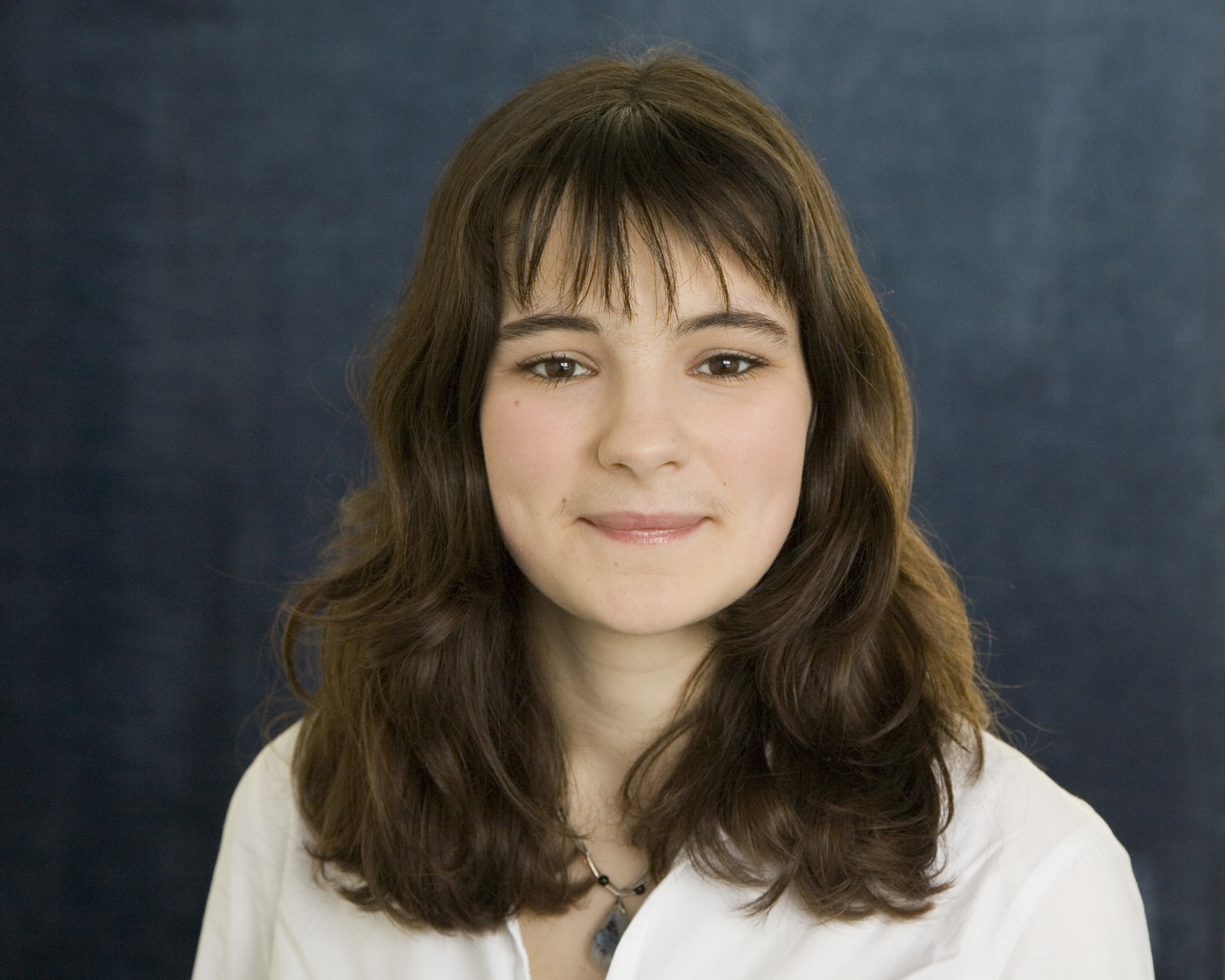
This article is in the Category
… We All Fall Down
On the reissue of her powerful historical novel, All Fall Down, Sally Nicholls worries that we’ve forgotten what plague looks like.
In Medieval Britain, a plague was a disease sent by God. Any other illness was a pestilence; an ordinary piece of bad luck, unfortunate but not divinely significant. A plague implied heavenly intervention – God was pissed off, and he was cursing you and your people. The Book of Revelations predicts that God will destroy a third of the population by plague before the end of the world. When this God gets pissed off, he really lets you know about it.
The Black Death of 1348-9 was a plague of Biblical proportions. Historians believe it killed around 45% of the population of Europe – a level of destruction so severe that the US Government used records from the Black Death to predict how society would respond to a nuclear holocaust. People living through it literally believed the apocalypse was coming. The Italian chronicler Agnolo di Tura wrote in 1348, “I … buried with my own hands five of my children in a single grave. No bells. No tears. This is the end of the world.” He was not speaking metaphorically.
People talk a lot about the end of the world. The disciples write of the Second Coming as something they expect to happen in their lifetime. Modern-day Doomsday Cultists and preppers go one further, actually laying in supplies for the Rapture. When I was a child, it seemed likely – or at least plausible – that I would die in a nuclear explosion. Nowadays, the talk is all of climate change, and the Earth’s Sixth Mass Extinction event, which many scientists believe to be already underway. It is difficult to know how seriously to take all of this. I recently took part in a research paper which asked me to rate how anxious I felt on a daily basis. I am not, generally, a very anxious person at all, and I felt rather indignant at how often I had to say that yes, actually, I did feel anxious on a daily basis. There’s a fault in your paper design, I wanted to say. Yes, I am extremely worried about where the world is headed, because we’re headed for catastrophic climate change and no one is doing anything about it! That’s not a mental illness! That’s a healthy response to an extremely concerning situation!
Ahem.
As humans, we are extremely bad at judging risk. The Black Death originated in Eastern Europe and spread west at around walking pace. Those in Britain could sit and watch it getting closer by the day. Many British people would actually have met refugees fleeing places of infection. They knew what it was and what it was capable of. True, many of the stories surrounding it were exaggerated, and people knew this. But it was common knowledge even amongst peasants like my heroine Isabel that the Black Death was terrible, and the Black Death was heading towards them.
So people in Britain felt frightened, right? This is plague on a grand scale. This is worse than that predicted in the Book of Revelations! This is the wrath of God! The End of the World! People were a bit worried about this … right?
Well, yes and no. People enjoyed the drama of it, just as some tabloid newspapers enjoy the drama of microwaves causing cancer and the End of the World coming in eleven years if we don’t act now. (The real situation is somewhat more nuanced than that, though still very serious.) But nobody really took it seriously. At first they were pleased – yes, pleased! – because they thought God was sending a plague to Eastern Europe to smite the infidels. Then, when the pestilence came to France, they were more worried, but also quite pleased because it was killing their habitual enemies, the French. They were sure it would not affect them, because they were protected by the English Channel. This sounds halfway plausible, but even when it reached England and Wales, the Scots were still … kinda happy. Because it was killing their ancient enemies, the English.
We love the idea of an apocalypse, but we do not really believe that bad things will happen to us. I do not really, honestly, truly, believe that society is going to be destroyed by climate change, despite all the petitions I’ve signed and letters I’ve written to MPs. And this lack of understanding of catastrophe can be deadly. It was deadly in 1348, and it is deadly, now.
Today, modern medicine has revolutionised the way we think about illness. We’ve broadly forgotten, in modern Britain, what deadly disease looks like. In medieval England, around one in thirteen births resulted in maternal death, meaning motherless children like Isabel were commonplace. As late as 1855, around one in five children in Glasgow did not survive their first year of life. We don’t understand what that means any more. A diagnosis of childhood cancer is one of the few diseases which can still strike terror into a parent’s heart. But in Britain, around 82% of children survive a cancer diagnosis by at least five years. The death rate from smallpox, by comparison, was 30%. It is estimated to have killed around 500 million people worldwide in a hundred year timespan. It’s now been eradicated, thanks to a highly successful public vaccination programme.
Last year, Britain lost its measles-free status thanks to vaccine refusal. Many people world-wide still don’t think climate change is real. To anyone with even a passing knowledge of social history or science, that’s insane. But sadly, it isn’t surprising.
We don’t understand risk. And we don’t really believe in disaster.
Until it happens to us.
All Fall Down is published by Andersen Press, 978-1783449316, £7.99 pbk.



